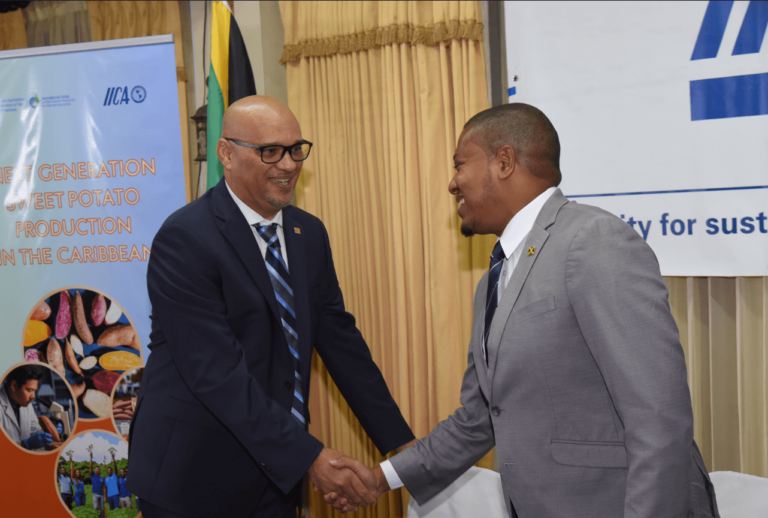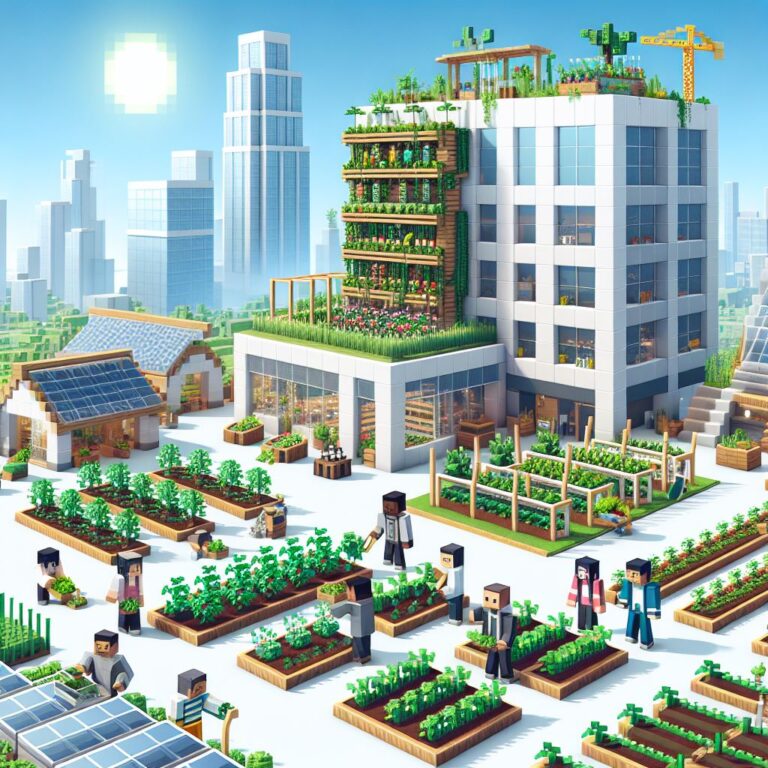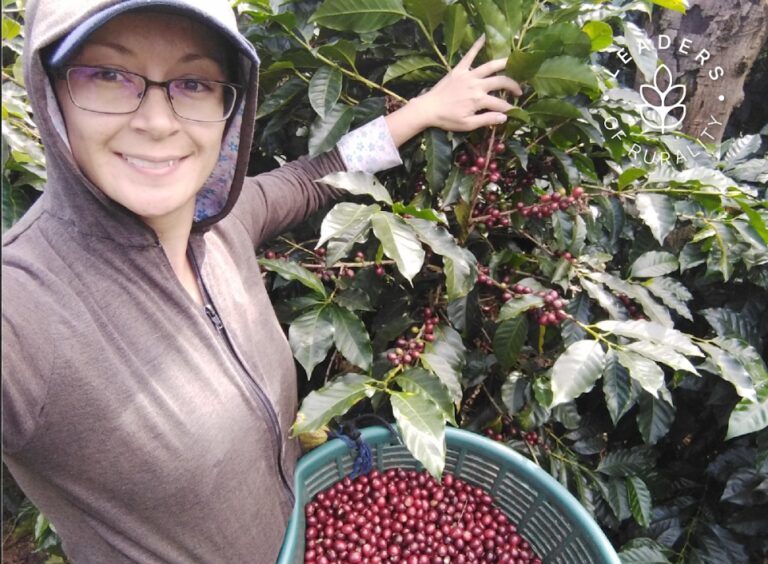These declarations of support were made during a virtual meeting of the Special Advisory Commission on Management Issues (SACMI), an advisory body of the Director General of IICA to strengthen the operating capacity of the agency specialized in agricultural and rural development.

San Jose, 19 May 2022 (IICA) – Top officials of the Ministries and Secretariats of Agriculture of ten countries of the Americas praised the capacity of the Inter-American Institute for Cooperation on Agriculture (IICA) to promote collective action in favor of the region and underscored the agency’s technical work in strengthening food security, climate resilience, trade and health at a critical time for the world in terms of food production and storage.
These declarations of support were made during a virtual meeting of the Special Advisory Commission on Management Issues (SACMI), an advisory body of the Director General of IICA to strengthen the operating capacity of the agency specialized in agricultural and rural development.
“IICA represents the region’s interests at a time when the different regional blocs and different perspectives on how to produce or differing concerns regarding trade and climate change have taken shaped. We believe our region also needs to reshape a bloc with a vision that interprets the interests of our producers, of our small-scale farmers, who today are a key part of food security and part of the solution under the motto to produce more with less”, said Ariel Martínez, Undersecretary of Policy Coordination at Argentina’s Ministry of Agriculture.
“These ministerial meetings organized by IICA are of the utmost importance to discuss the best way to face the challenges posed by the pandemic or climate change. We all have a role to play and in Canada we are open to collaboration”, expressed Aleksandar Jotanovic, Senior Multilateral Affairs Officer at Canada’s Ministry of Agriculture and Food.
“We see IICA as a bridge that promotes collective action. Our country is in the process of restructuring our agriculture sector and IICA’s Public Policy Observatory is exactly what we need”, explained Jesús de los Santos, Special Programs Coordinator and Advisor to the Minister of Agriculture of the Dominican Republic. De los Santos also thanked the Institute for its support in attending to the outbreak of African Swine Fever in the country.
In turn, Joe Hain, Director of Multilateral Affairs at the United States Department of Agriculture (USDA), stated that “the investment made by the countries in IICA demonstrates our support of an institute that is committed to our farmers’ well-being”.
“IICA has a great reputation and respect in Ecuador, a country with a large number of farmers”, said Francisco Narváez, General Administrative and Financial Coordinator at Ecuador’s Ministry of Agriculture.
As part of the adjustments needed in the region to tackle the multiplicity of challenges, María de Lourdes Cruz, General Coordinator of International Affairs at Mexico’s Secretariat of Agriculture and Rural Development (SADER), underscored the need for “strong collaboration among scientific networks and partnerships with agricultural research centers around the world to discover the latest scientific innovation and incorporate it into productive systems across the agri-food chain”.
IICA’s Director General expressed that the agency “is an institute of dialogue that aims to promote consensus and action. The agency must reaffirm its role as a bridge between stakeholders, topics, countries and subregions and even with other continents, and be promotors of collective action in the Americas”.
Road to the climate summit in Egypt
One aspect discussed during the meeting was the importance of lifting up agriculture as a solution to climate challenges at the upcoming United Nations Climate Change Conference (COP 27) scheduled to take place from November 7-18, 2022, in Egypt.
The representatives in attendance underpinned IICA’s success at uniting the voices of 34 countries ahead to the 2021 United Nations Food Systems Summit and hoped the experience would serve as the foundation for possible consensus to be reached in the region in the lead-up to COP 27.
“We must prove that our systems are indeed sustainable; we must gather scientific data to that effect and share it to position ourselves ahead of COP 27, for which IICA reiterates that it is at the service of the member states and at which we want to position the region’s agriculture”, stated Manuel Otero.
Otero also referred to the effects of the conflict in Europe on global food security in terms of supply, demand and distribution.
“Today more than ever, our continent is called to be the guarantor of food and environmental security for the planet. This conflict puts stress on the main pillars of global food security and must be reason for special follow-up. Agriculture is an instrument of peace and we must help by building that bridge, by being more effective in helping each other and, above all, by taking into consideration the most vulnerable regions”, he concluded.
More information:
Institutional Communication Division
comunicacion.institucional@iica.int










